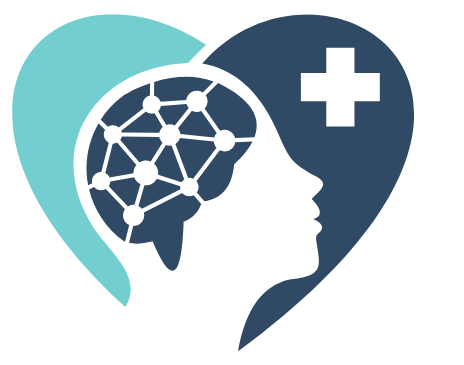Cognitive Behavioral Therapy (CBT) is one of the most effective psychotherapeutic treatments for depression and anxiety. This approach to therapy has been developed for more than half a century through clinical research. In CBT, the client and therapist explore the relationship between a client’s moods, and their thoughts (cognitions) and behaviors. The goal is to make changes to automatic thoughts and habitual behaviors in order to cultivate positive moods and relieve anxiety.
The Link Between Thoughts, Actions, and Moods
For example, think of this chain of events: you wake up to see that it’s raining outside. You think, “What a crappy day, I might as well stay in bed.” You decide to sleep in and skip your morning class, or call out sick from work. Later, the guilt sinks in and you start worrying about falling behind with your goals. You think, “I failed again,” and your moods worsen. This is called the cycle of depression, when we give in to the urges of depression to (1) over sleep, (2) withdraw from others, and (3) disengage from meaningful activities. The more we give in to these urges, the worse our mood and depression gets.
However, if instead you had woken up and thought, “Oh wow, the trees and flowers are getting watered today, I love rainy days.” Then you would have felt more enthusiasm for the day ahead and engaged in meaningful activities or relationships, which would have cultivated positive moods, supported your sense of accomplishment, and prevented the cycle of depression from spiraling.
Principles of CBT
Working in the present. Whereas many other approaches to therapy focus on a client’s past experience, in CBT what matters most is your preset experience. Although it can be empowering to understand how past experiences might have conditioned us to depressed or anxious reactions, this type of insight does not necessarily lead to changes in our problematic thought patterns, or habits. Therefore, CBT does not really focus on exploring the past.
Weekly Activities and Homework. In CBT, we engage in weekly behavioral experiments to practice new habits and lifestyle choices, to discover their impact on our moods or anxiety.
Daily Practice. The role of practice is important in CBT. To develop new thought patterns or habits, just like any other skill, we have to practice exercises and coping skills every day. We can read how to change a car tire, but until someone shows us how to do it, and we get involved in the process, the skills won’t sink deep enough into our memory. The same principle applies for developing competence with psychological skills.
What Skills Will I Learn?
- How to practice awareness of your automatic thoughts.
- How to manage emotions that arise in response to daily events and situations.
- How to identify “cognitive distortions,” or irrational thoughts, that worsen depression and anxiety.
- How to challenge irrational beliefs and regain balanced perception of our experiences.
- You will learn behavioral coping skills, including behavioral activation, opposite action, and others.
- You will learn cognitive coping skills, including thought stopping, externalizing awareness, and others.
What are Sessions Like?
CBT sessions involve instruction on new concepts and skills, as well as reviewing homework assignments. Progress depends upon collaboration between you and your therapist, as well as efforts you make on your own time. CBT is not a long-term type of therapy. CBT therapy usually ranges between 8-20 sessions, depending on the needs and goals of each client. To connect with a CBT therapist in your area, you can visit PsychologyToday.com or BetterHelp.com.

